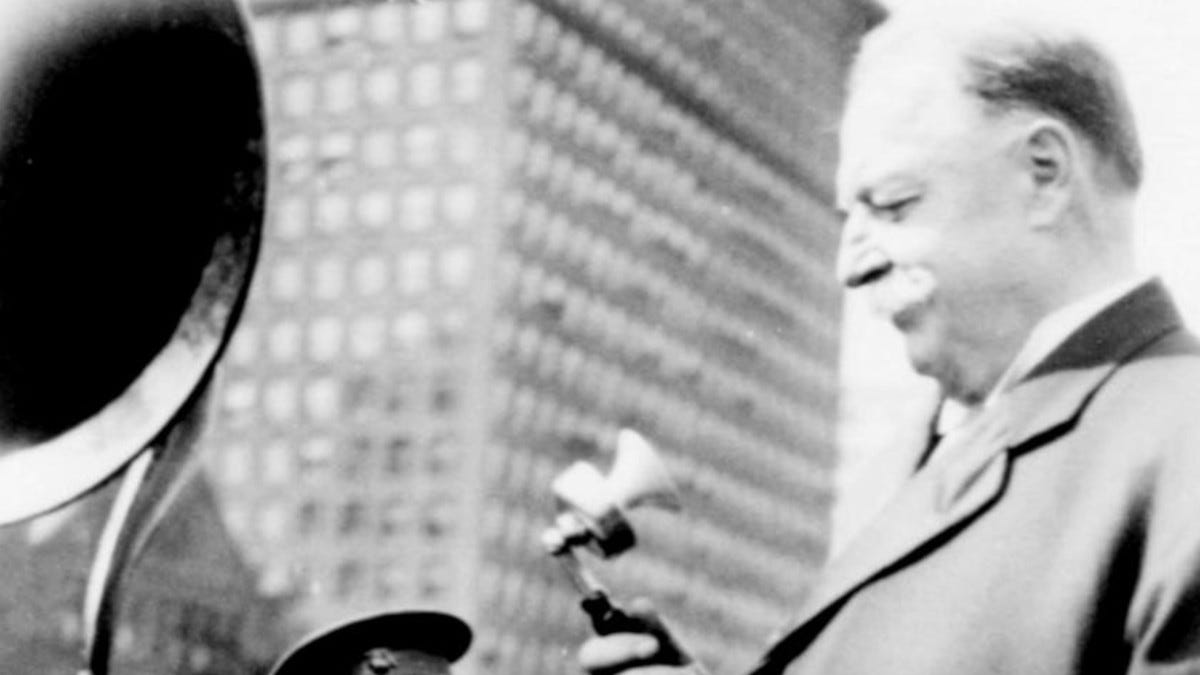Waiting for a seat at the bench
On John Adams's smarter half, constitutional redrafts, and the passing of Sandra Day O'Connor
The 19th Amendment, securing the right of American women to vote, had not yet been ratified law for a full ten years by the time Sandra Day O'Connor was born in March 1930. The amendment was long overdue, of course; John Adams received a letter from Abigail in 1776, pleading with him that "in the new Code of Laws which I suppose it will be necessary for you to make I desire you would Remember the Ladies, and be more generous and favourable to them than your ancestors".
■ When John dismissed her entreaty, Abigail Adams retaliated: "[W]hilst you are proclaiming peace and good will to Men, Emancipating all Nations, you insist upon retaining an absolute power over Wives. But you must remember that Arbitary power is like most other things which are very hard, very liable to be broken". Adams has been retroactively assessed as one of our highest-IQ Presidents and he respected the intellect of his own wife, yet even he was shackled to the knuckle-dragging chauvinism prevalent in his day.
■ It should not have taken 131 years to correct the omission of women's suffrage from the Constitution, nor should it have taken 192 years to seat the first woman on the Supreme Court. (About 100 men were seated before Justice O'Connor.)
■ But in the course of striving towards "a more perfect union", someone has to be the first to make a breakthrough -- though many others end up sharing the sense of disenchantment that comes from suffering under the lingering imperfection. On the occasion of Justice O'Connor's passing, it is worth noting how many rights were secured (by amendment, statute, or court ruling) in or near her lifetime.
■ It is even more important to note how public opinion has made colossal strides in a "more perfect" direction during the same window of time. Whether we like it or not, public opinion is the ultimate guarantor of rights in any society. Any gains made in rules written on paper can be torched in practically an instant; just ask any well-known country with a constitution written after O'Connor became a lawyer. It is often good to change the law, but there is no substitute for changing hearts and minds as well.



